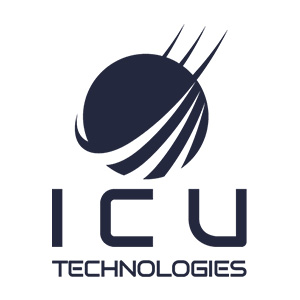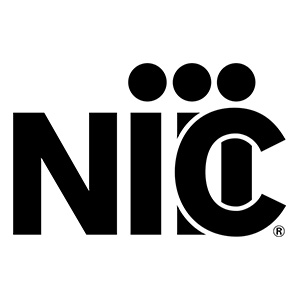Government sector has probably been one of the biggest beneficiaries from the technology emergence. Over the last few years, this particular sector has evolved to the point where it has become relatively easier for the people in-change to administer a range of channels through which they are usually connected with the general public. The sense of hesitation that initially surrounded the idea of revamping the systems that have been there for decades has evaporated. Countries all over the world are now making hefty investments to upgrade their setups and achieve a more sophisticated level of governance. The belief in technology has increased so much that, in a way, who boasts a more advanced setup has become a competition in itself between the countries. Some nations are using this change in the way they do things for bringing foreign investments into their industry, and it’s safe to say that this whole scenario has opened floodgates of opportunities for different administrations out there. What we are witnessing is a wide variety of approaches from nations to squeeze out an optimal return on the investment they have made to integrate a better system. So far, technology hasn’t let them down in that regard. These different approaches are constructed around the needs of the nation; hence everyone is getting out what they want out of this transformation. To drive this in a more seamless manner, governments are enlisting the help of several companies. These companies are making their setup available for the betterment of general public, thus assisting the government in decentralizing their operations. The cluster of aforementioned companies included a long list of organizations, and some of them are:





 3AM Innovations
3AM Innovations Accela
Accela Axon Enterprise
Axon Enterprise Biobot Analytics
Biobot Analytics Citymart
Citymart ClearGov
ClearGov Discover Technologies
Discover Technologies

 Gridics
Gridics GSR
GSR ICU Technologies
ICU Technologies IPS Group
IPS Group Live Stories
Live Stories Maximus
Maximus Motorola Solutions
Motorola Solutions
 Nic Inc
Nic Inc Periscope Holdings
Periscope Holdings
